The competition, held simultaneously in Spanish and English, took place at the Salliver School in Fuengirola (Malaga) on January 24 and 25.
Madrid, January 27, 2025 – This weekend Fuengirola has become the capital of youth debate in Spain. The Salliver School in Fuengirola, Malaga, has been the epicenter of critical thinking and constructive dialogue on January 24 and 25, with the celebration of the II Tournament of the IX Pre-University Debate League CICAE – UCJC. More than 350 secondary and high school students from 27 schools from all over Spain demonstrated their oratory skills to debate on a topic of great social relevance: “Should EU countries implement more restrictive migration policies in the face of the increase in the arrival of immigrants?
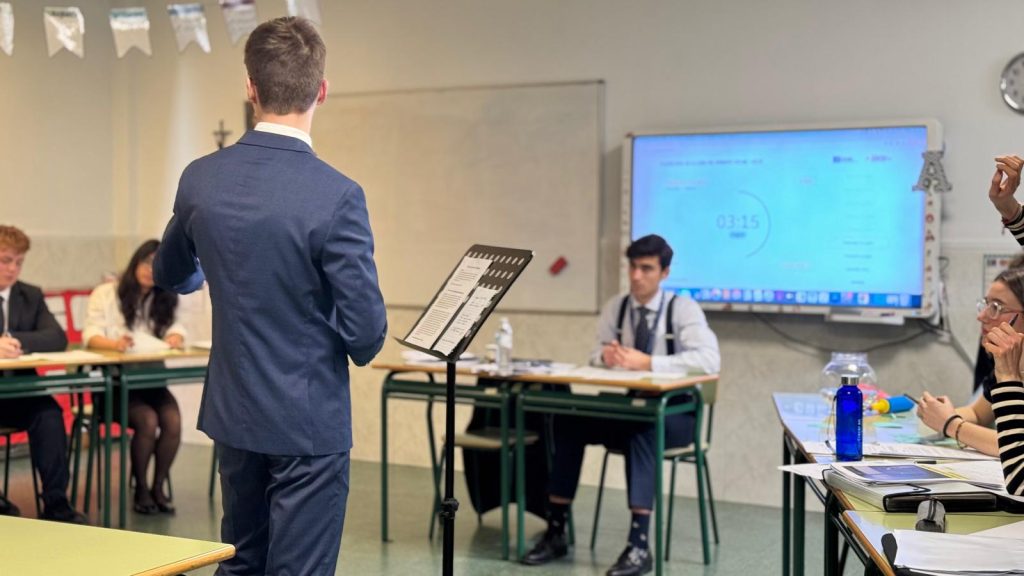
This tournament, the second of the season of the IX CICAE – UCJC Debate League, stands out for being the largest school debate competition in Europe and the only one held simultaneously in Spanish and English. Seventy-seven teams participated, divided into 53 teams in Spanish and 24 in English, which competed defending positions for and against, randomly assigned seconds before each debate.
The opening ceremony had a very special ambassador, Adolfo Arjona, journalist and director of COPE Andalucía. “At a time when Artificial Intelligence has fully entered our lives (and our schools), it is essential to promote debate among young people. Debating fosters the ability to reflect and argue, to contradict with respect and even to change one’s opinion after listening to the opponent,” said the communicator.
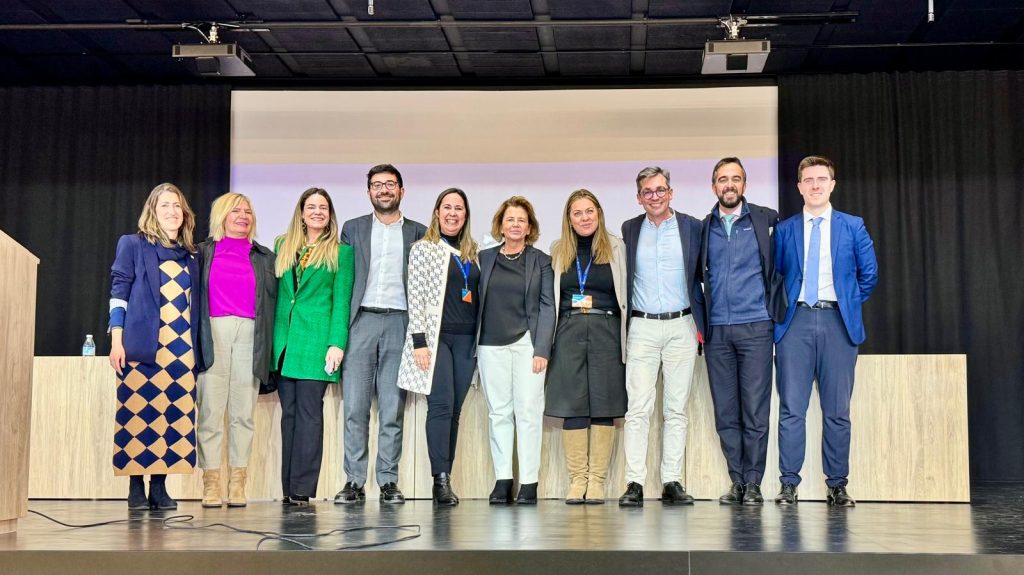
Before the start of each debate, the teams draw lots to decide who will debate for or against, so they must have all positions prepared, with the aim of increasing their knowledge of the topic and their tolerance of all ideas. This premise favors their critical thinking and respect for the diversity of ideas and perspectives that may arise on a controversial and topical issue such as the one that has been the protagonist of the first debate of the tournament.
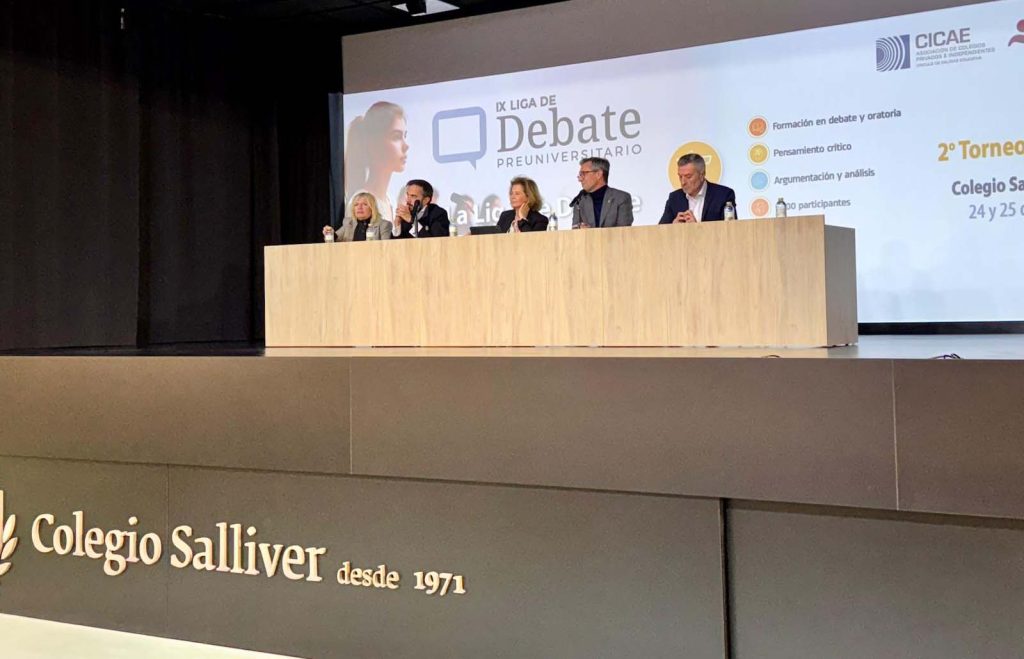
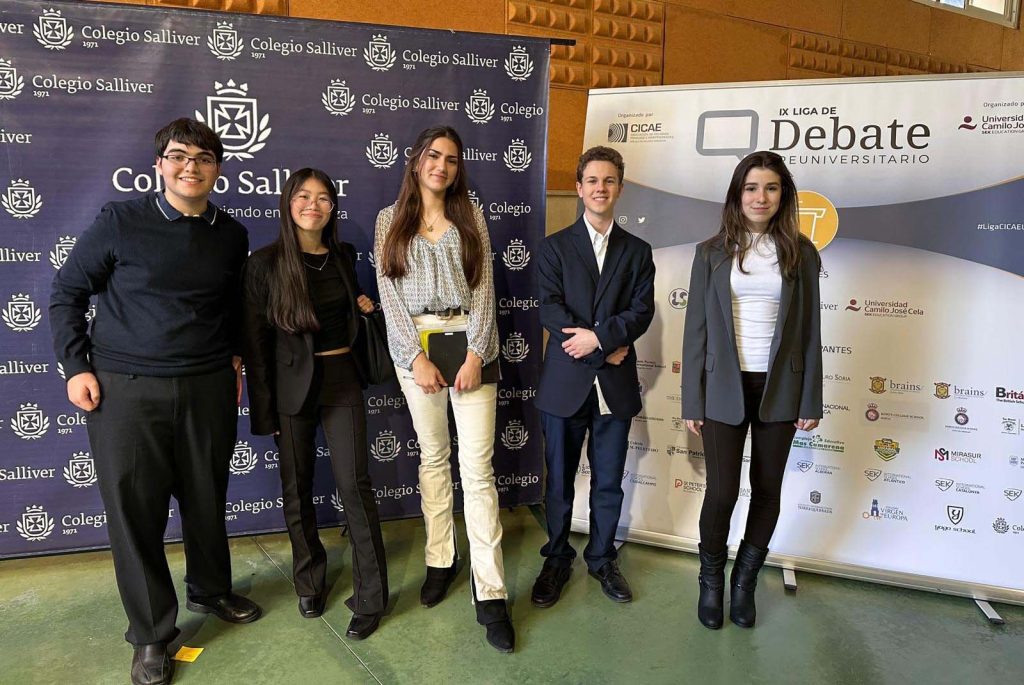
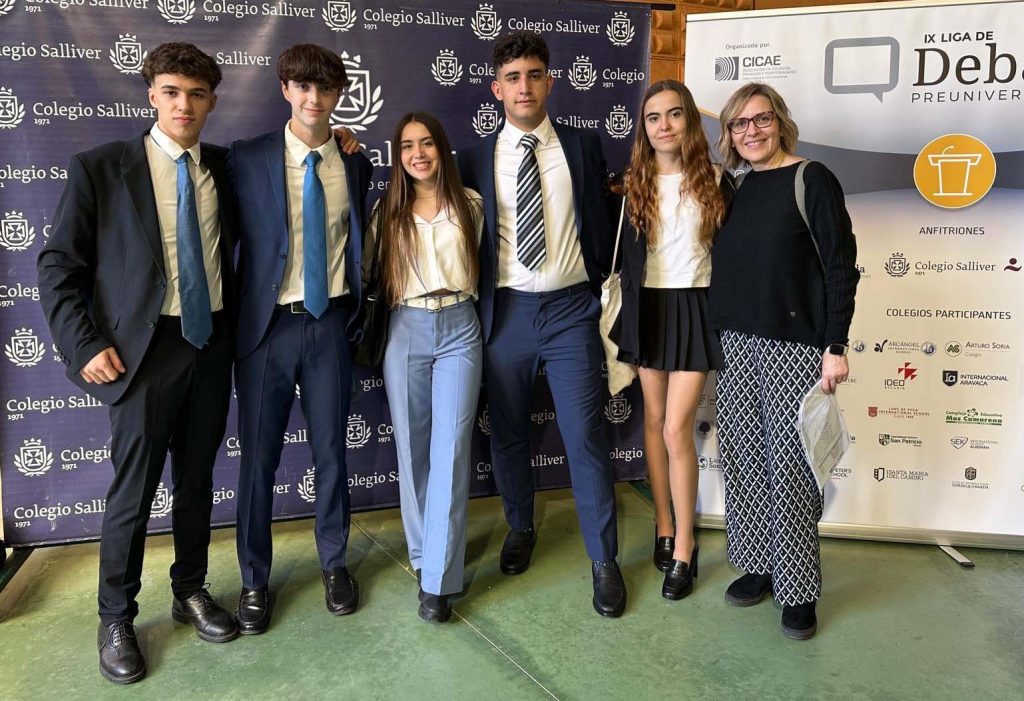
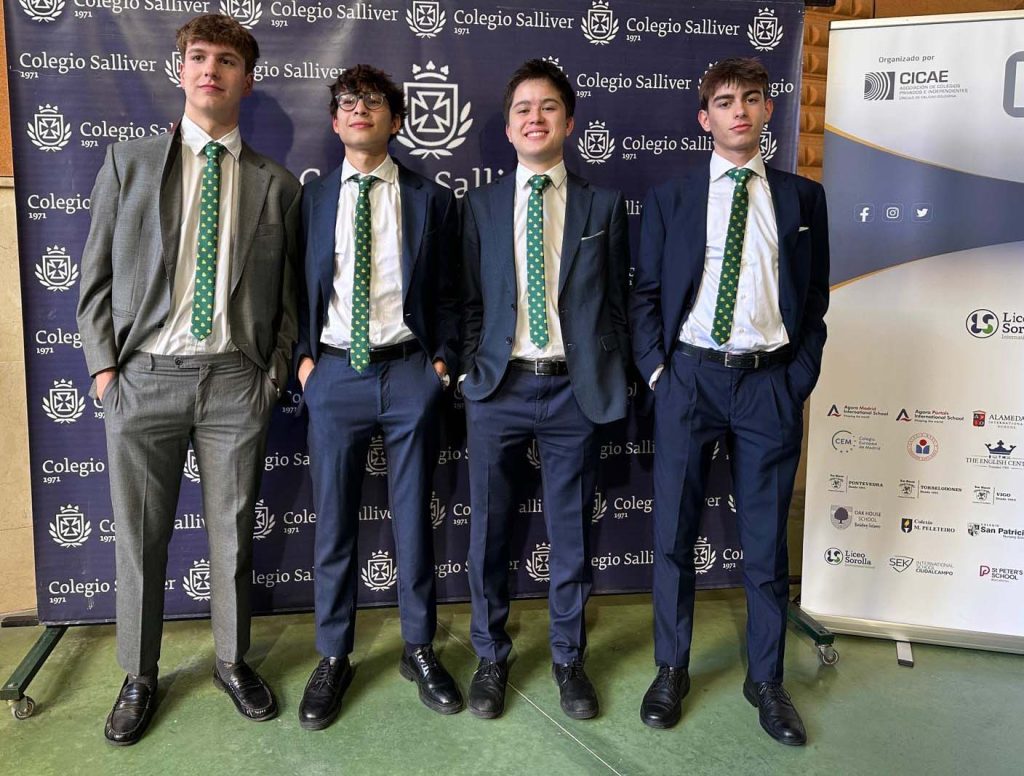
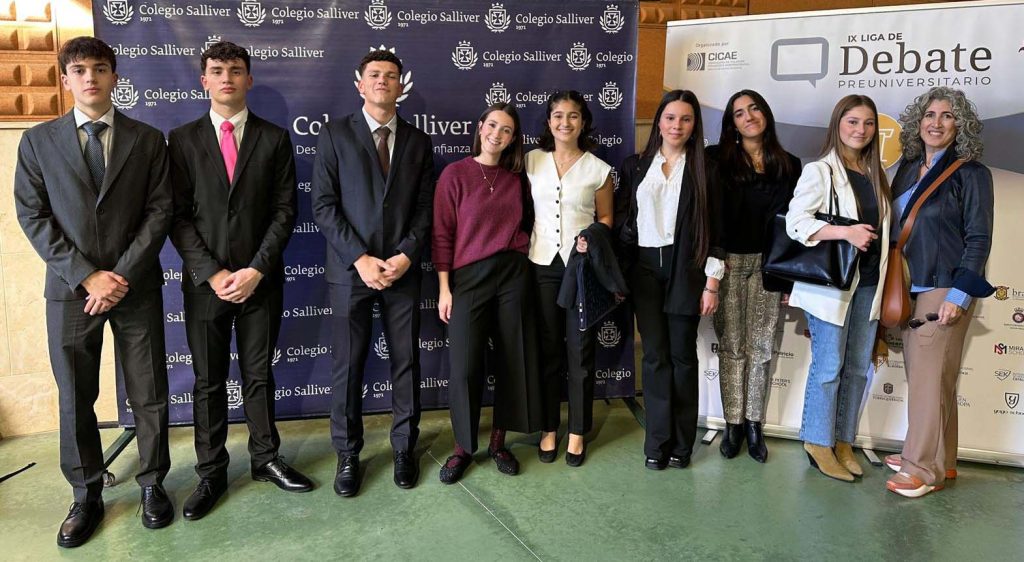
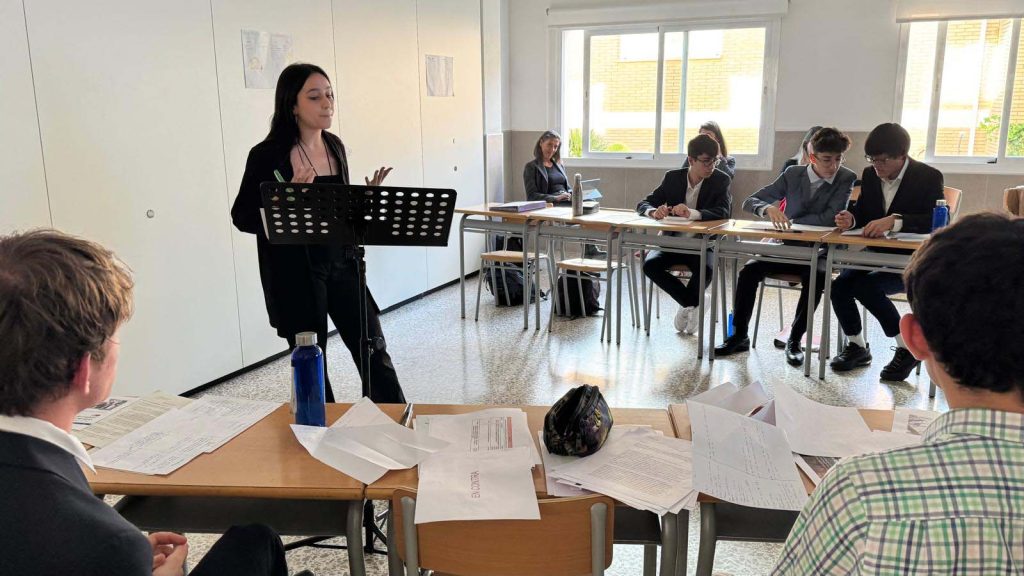
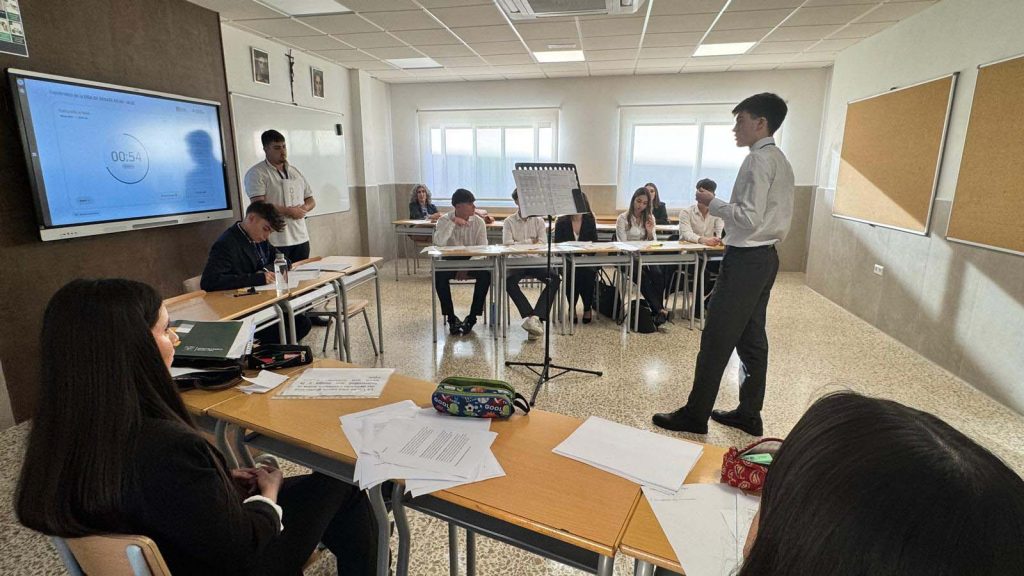
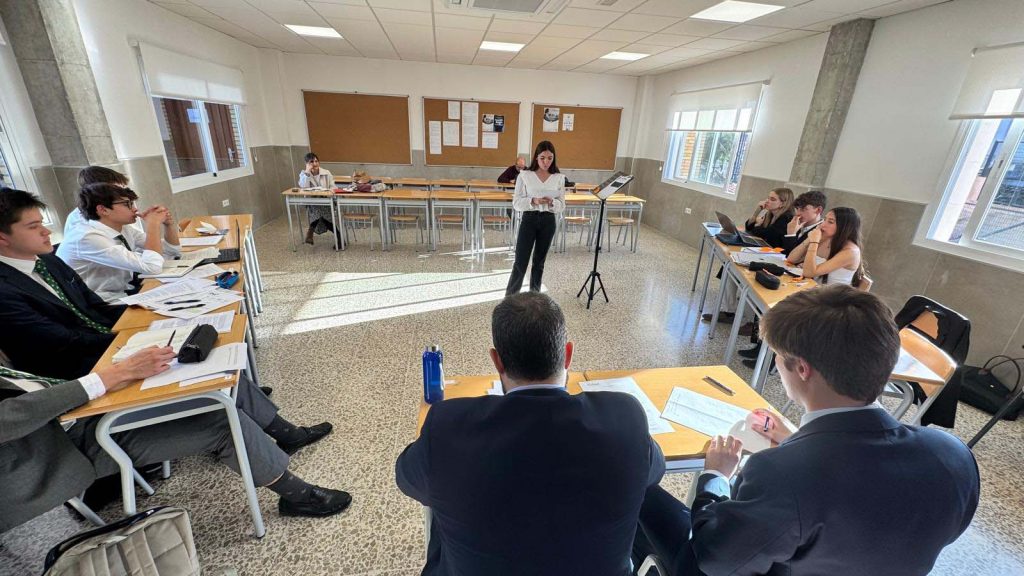
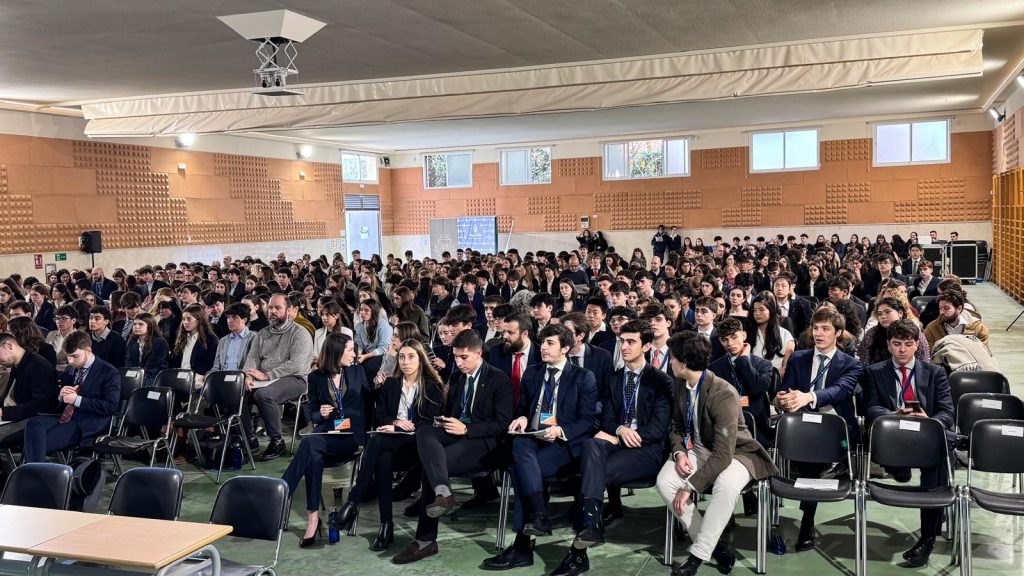
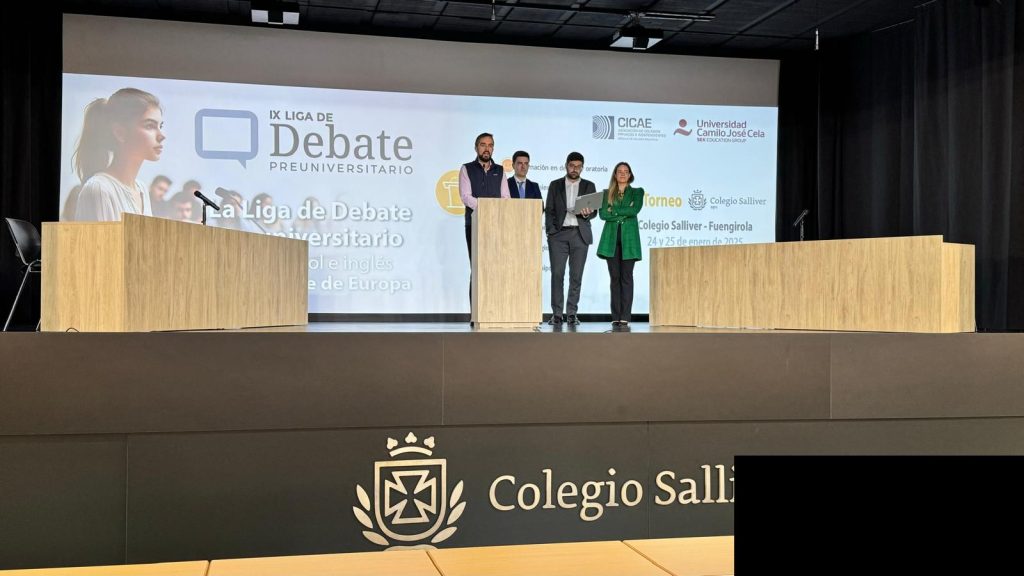
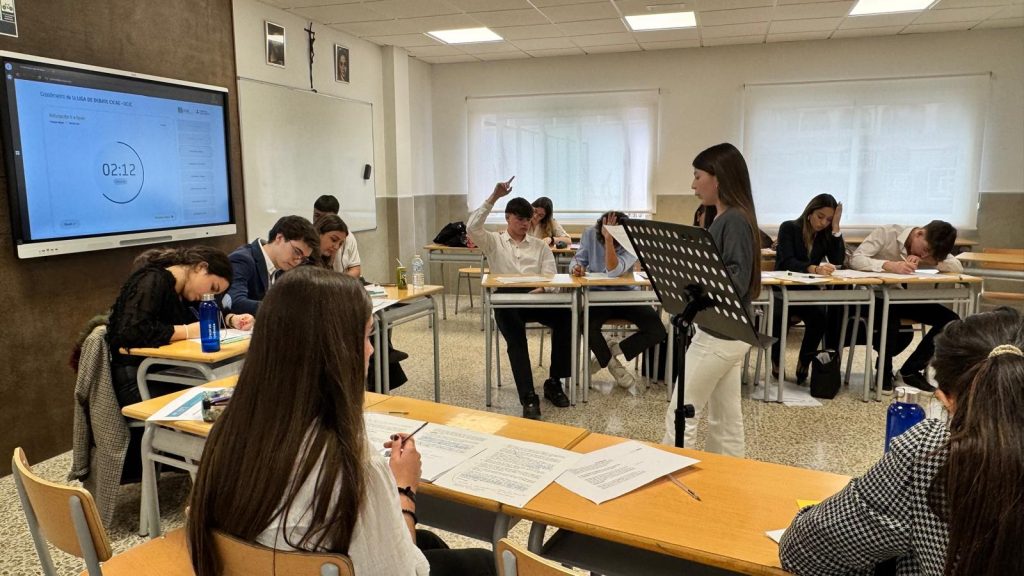
The teams that defended that EU countries should implement more restrictive migration policies in the face of the increase in the arrival of immigrants argued, among many other arguments, that these measures help to protect public resources, guarantee national security, avoid saturation in the labor market and facilitate cultural integration, focusing on quality over quantity.
Opponents mainly warned that such restrictions may violate human rights, contradict European values of solidarity and respect, deprive economies of the benefits of migration, affect cultural diversity and, instead of deterring immigration, encourage more dangerous routes and even negative messages about the arrival of immigrants.
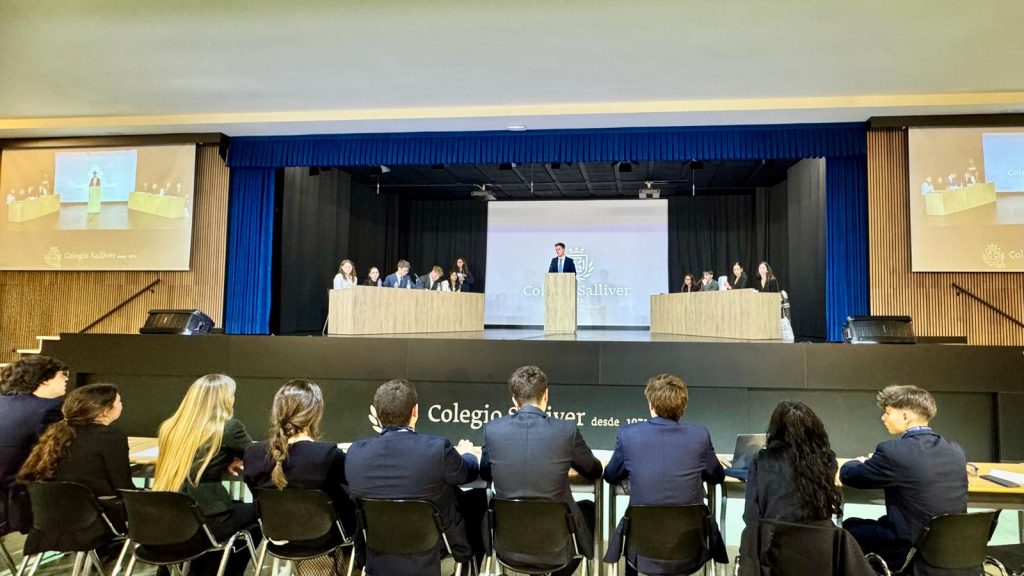
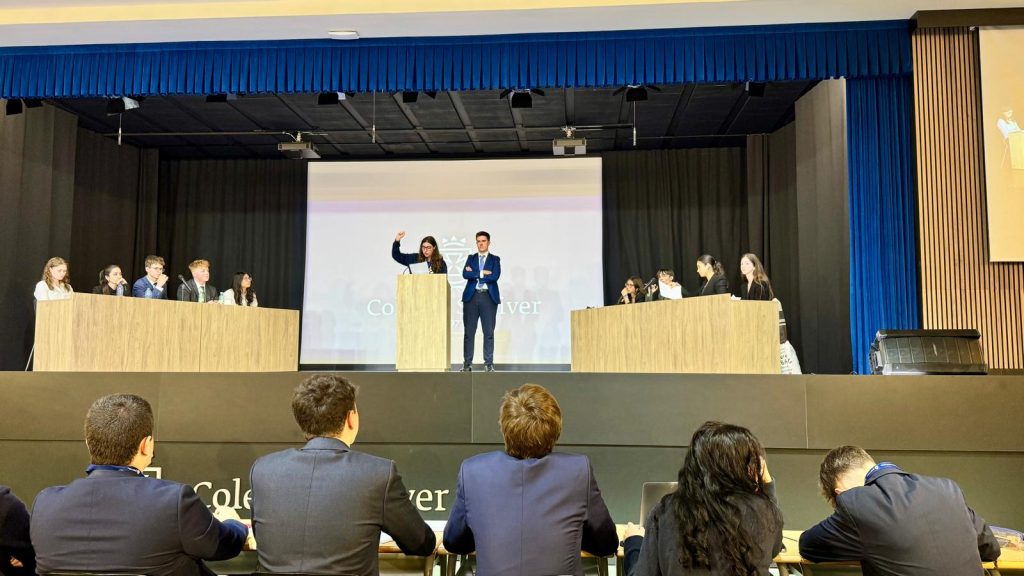
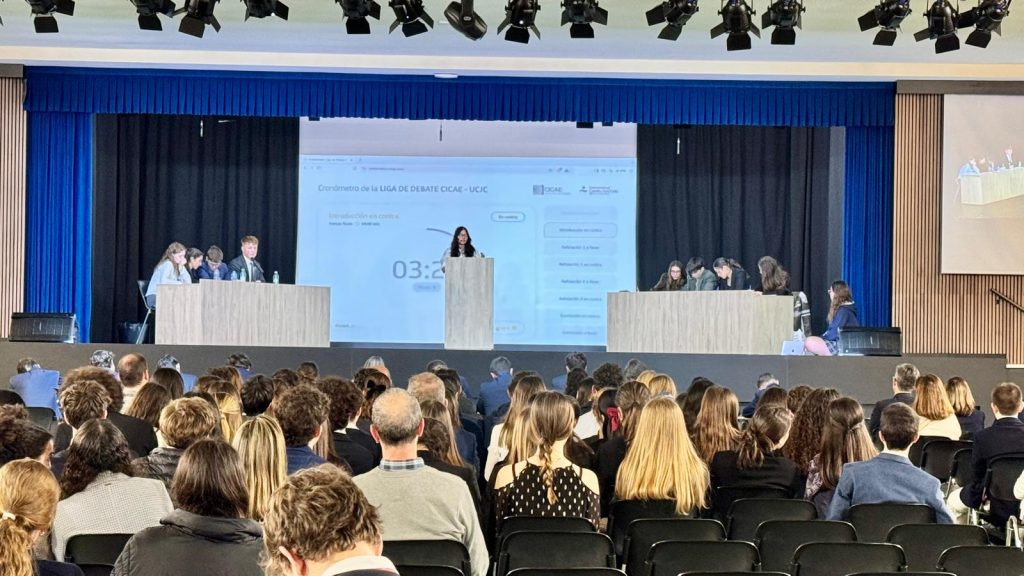
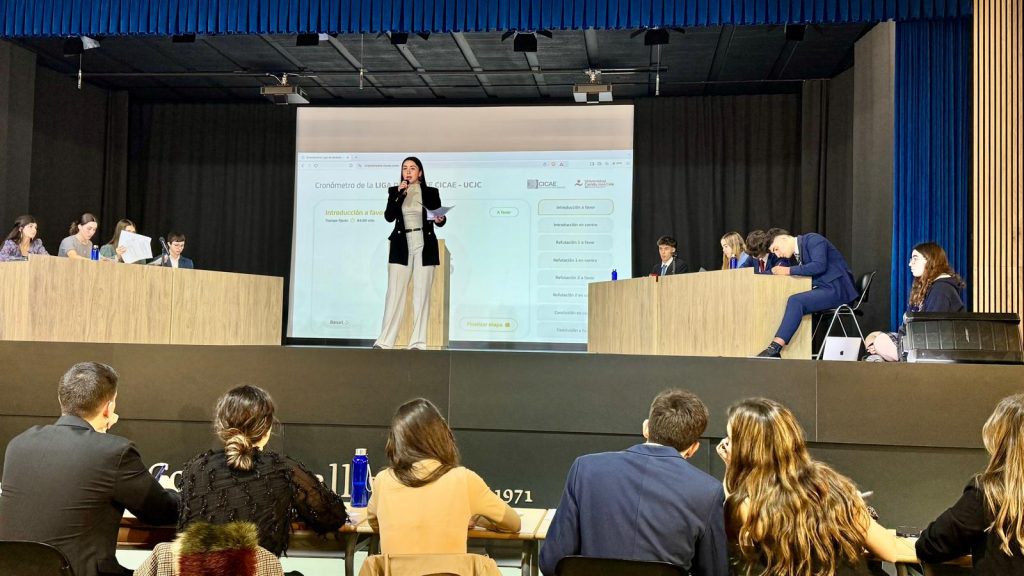
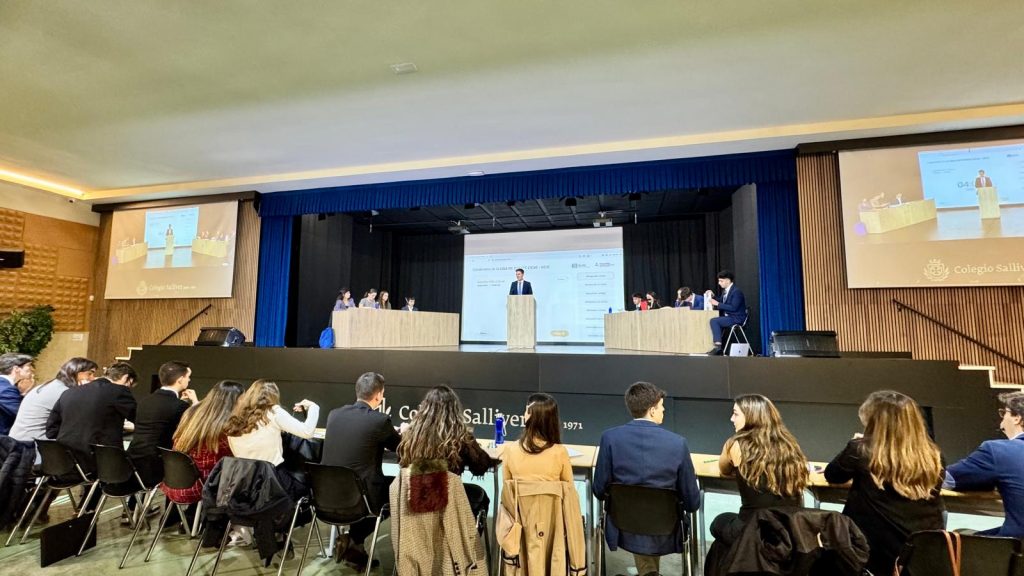
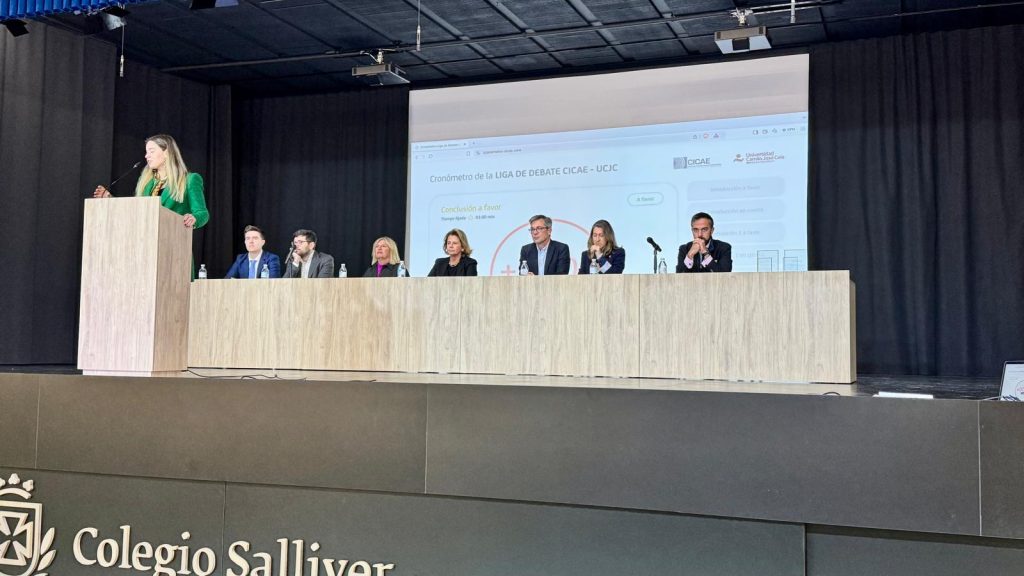
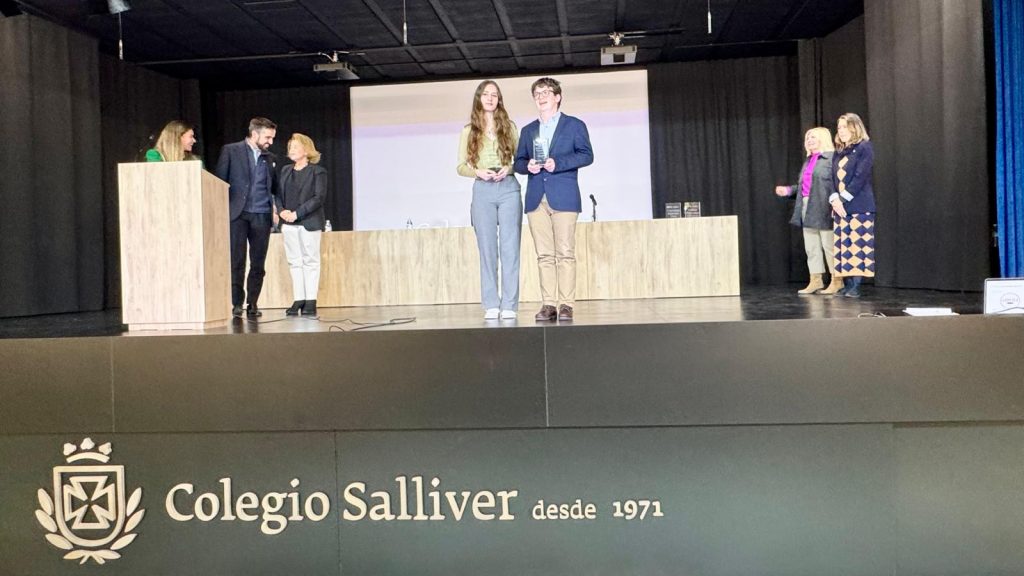
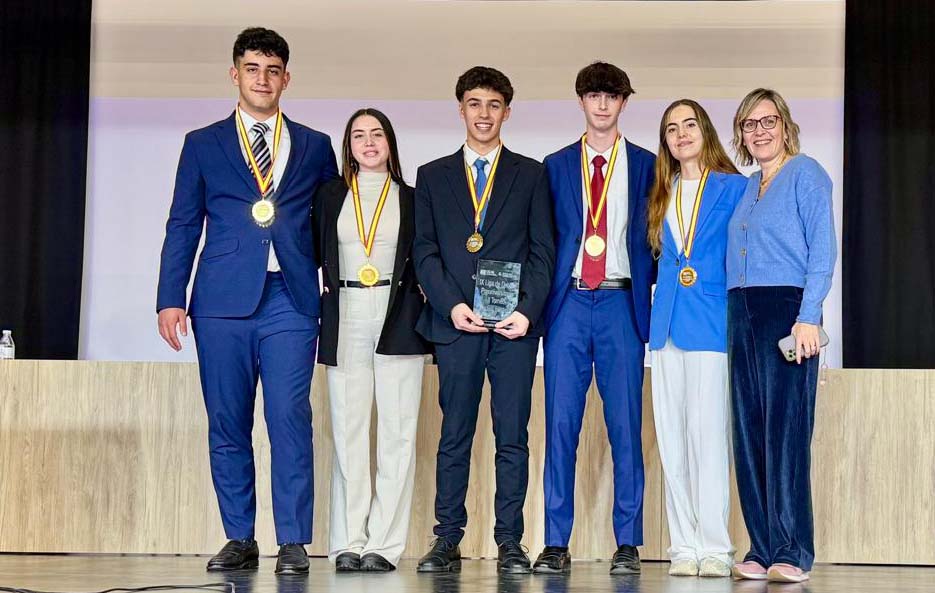
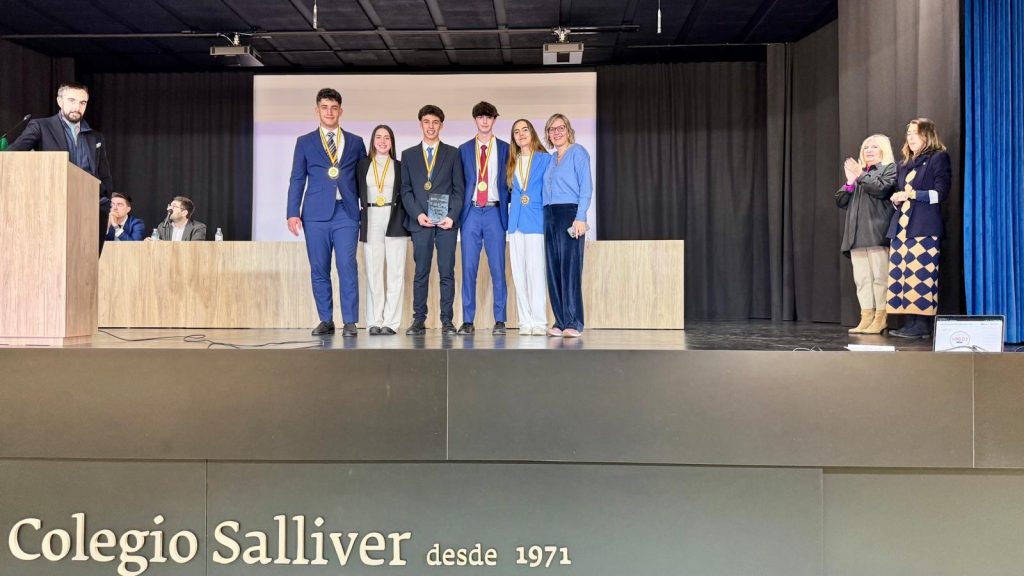
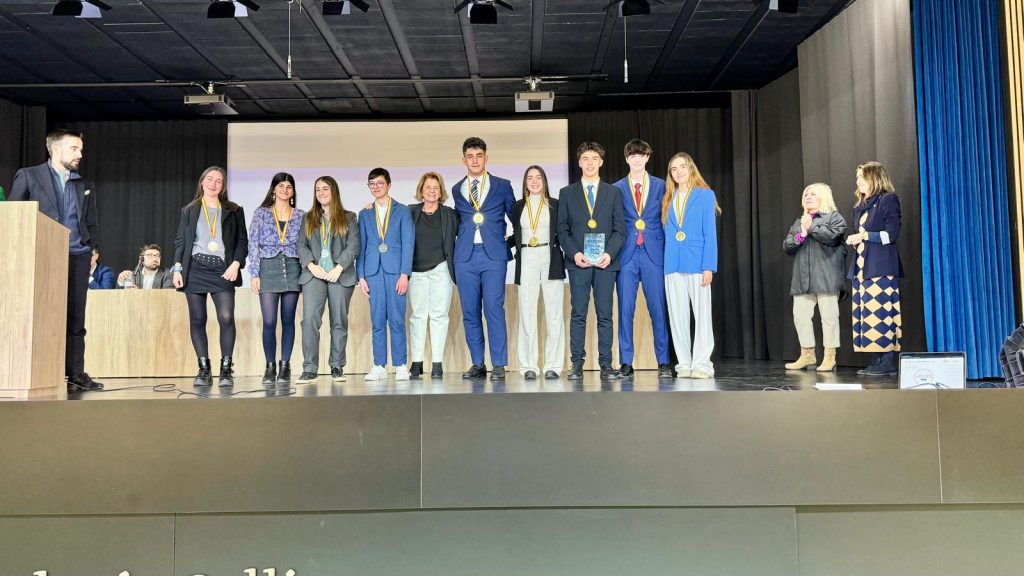
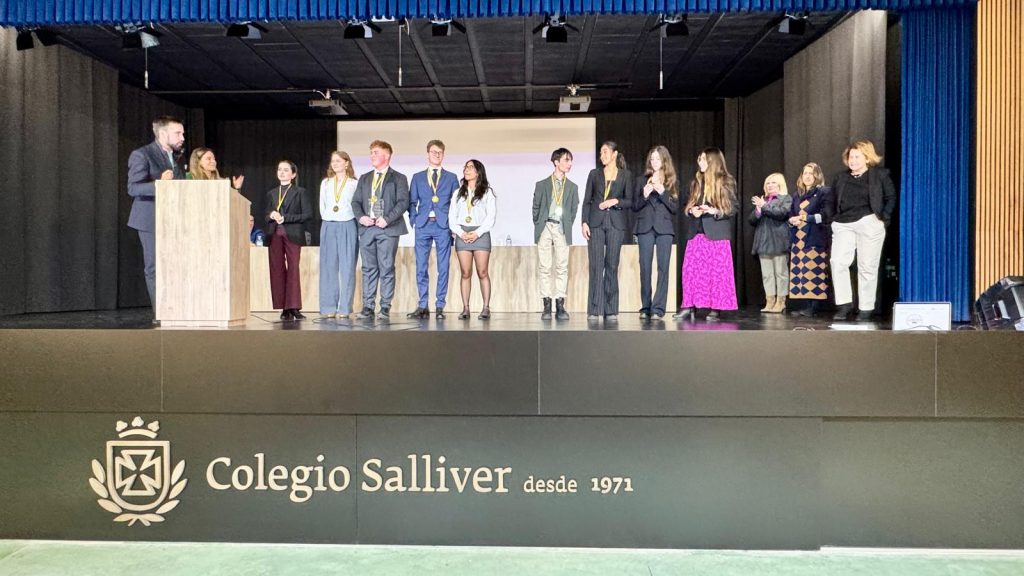
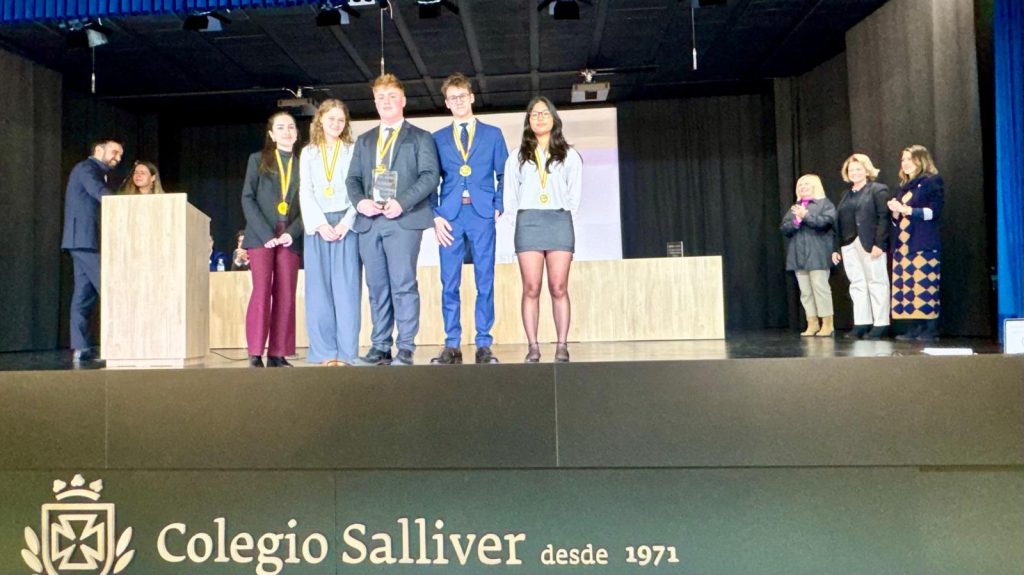
Finally, after a very enriching and evenly matched final debate, team OneQ, from Arturo Soria School, was proclaimed champion in Spanish, while team Midas Effect, from King’s College Murcia, won in English. The titles for best speakers of the tournament went to Mateu Bes (team Frontón de Tito), from Montessori Palau School (in Spanish) and Aurora Arias (team Laura de la Horra), from Brains La Moraleja (in English).
A training project
All participants in the Debate League, students between 3rd ESO and 2nd of Bachillerato, are trained throughout the course by experts in competitive debate and world champions in debate and public speaking, such as Antonio Fabregat and Javier de la Puerta, or the current world champion, Alberto García Chaparro. In addition, webinars are organized during the course to deepen the topics to be discussed and bibliography is provided so that they can advance in their preparation.
The practice of debate among schoolchildren is aimed at developing public speaking skills, teamwork, as well as the search for truthful information, the analysis of evidence or the definition of arguments on the issue to be addressed.
The Debate League promoted by the Association of Private and Independent Schools – CICAE and the Camilo José Cela University, is joined each year by schools that are committed to give prominence to debate in their classrooms, and there are 40 schools throughout Spain that are part of the initiative.


